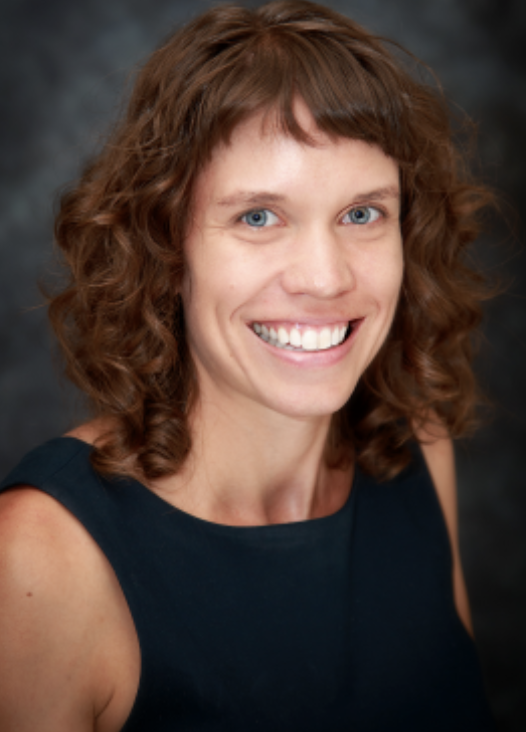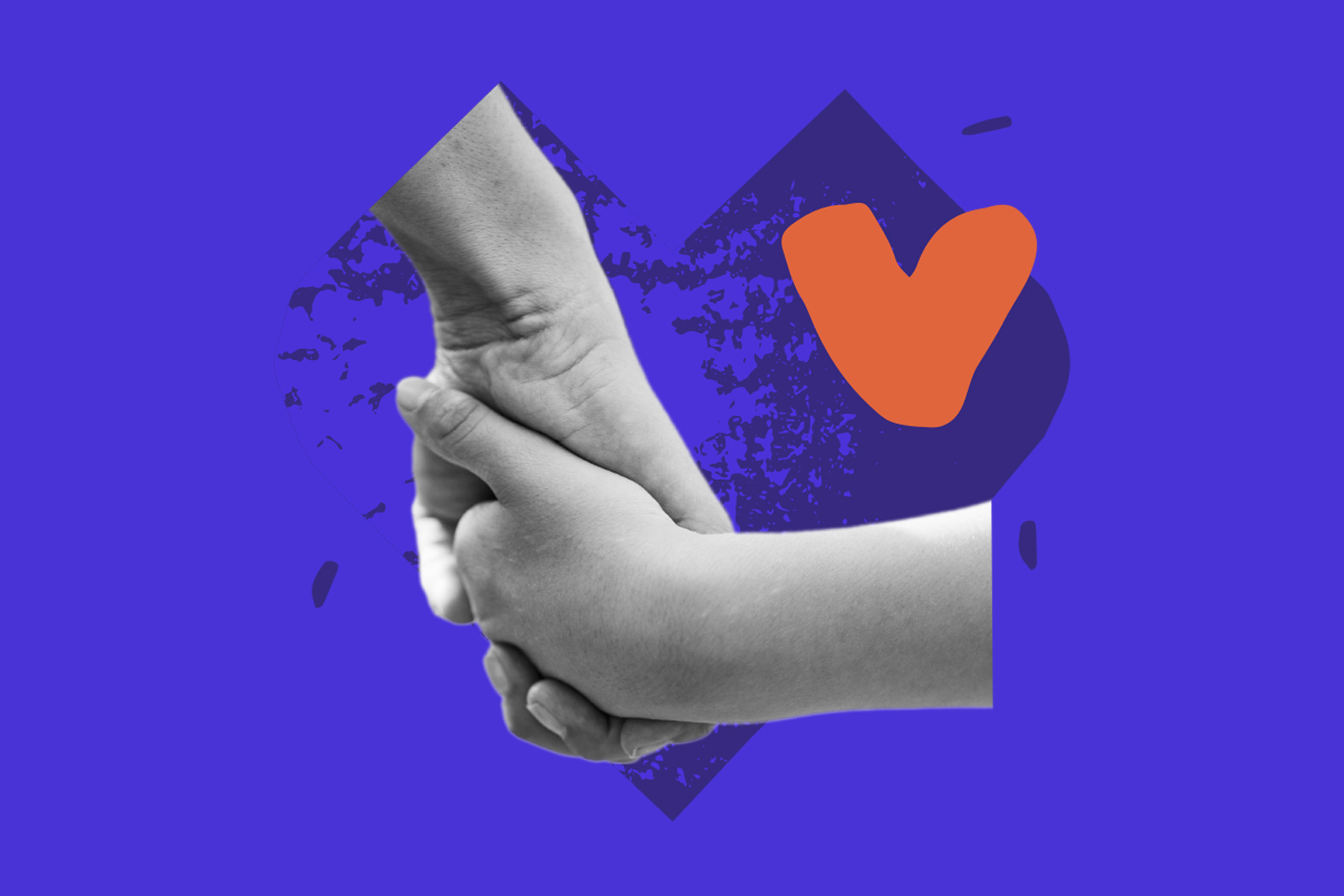In This Video:
- As adults, our role is to choose what foods are offered and when and where they are provided.
- As children, their role (which we can trust them to do) is to decide how much to eat, whether they will eat it, and in what order they will eat it.
- Practical ways to handle meal and snack times from a parent like you. (Spoiler alert: no one gets this “exactly right.” It’s about doing the best you can & being flexible along the way).
Episode Summary
This question comes from a mom (we’ll call her Jane) who recently wrote to us about a real situation she is dealing with in her own home. Jane shared that her kids will sometimes not finish their dinner, and then be hungry an hour later (we hear this so much!). In her home, they have baskets of “treats” (like candy & cookies) that her kids have access to during certain snack times. Sometimes, Jane’s kids will choose to not finish their dinner and then an hour later be asking for access to the “treats”. Jane wants to encourage her kids to consider if maybe they need something more nourishing as a snack since they didn’t finish their dinner, but isn’t sure if this approach is the right one. She doesn’t necessarily want to let her children eat whatever they want, whenever they want. But, she also really wants them to learn to have a healthy relationship with food & their bodies.
Dr. Loth digs into this tricky question, and talks about what your role as an adult is in helping kids to make good food choices while still not participating in harmful food labeling. Dr. Loth shares that one way you can think about helping your kids make good food choices is through an easy-to-understand framework called ‘Division of Responsibility’.
This approach helps to clearly define for families which responsibilities of feeding and eating should fall to the parents, and which should be left up to the children with the goal of helping parents to scaffold their children towards eating a well-balanced diet without micromanaging them in a way that can disrupt their own internal hunger and satiety cues and lead to power struggles around food.
The Division of Responsibility describes five main jobs or responsibilities at each eating occasion (meals and snack times):
As a parent (or any adult involved in feeding kids), your jobs with feeding are the WHAT, WHEN and WHERE jobs, including:
- WHAT – Decide what food will be offered
- WHEN –Provide meals and snacks at consistent and predictable times,
- WHERE –Decide where food is provided and offer a pleasant, distraction-free environment.
A child’s jobs with eating are the WHETHER and HOW MUCH jobs, including:
- Eat the food in any order they choose,
- HOW MUCH – Decide how much they eat,
- WHETHER –Eat or do not eat any of the food provided.
The Result? You can provide the child with the scaffolding to develop into independent, intuitive eaters. Children can listen to their own bodies, learn hunger and satiety cues, to feel the physical consequences of the way food impacts us—ultimately allowing them to practice and hone their skills at becoming independent intuitive eaters—which means our children grow their confidence and feel empowered around food.
As a mom to three boys, Dr. Loth also shares with you some practical tips about how this looks in her own home. She reminds us to be flexible and consider things like how active our kids are during the day, what stage of growth they are in, and other factors that might contribute to if your kids will need snacks at certain times, and what you might offer during certain meal & snack times.
It can be hard to know if you’re doing the “right things”, but the key is to start by building in some structure and practice until you find the things that work for you and your families (or classrooms, or teams!). None of us gets it right all of the time, but even making a few small changes to the way that you talk about food and body around the kids you love will have a lasting impact on how they view their own relationships with food and their bodies for years to come. Just keep trying!
Did you enjoy this video? Invite your friends & family to take the pledge at www.whattosaynow.org so they can access this great series, too!
Learn more about this series and submit questions of your own here.



